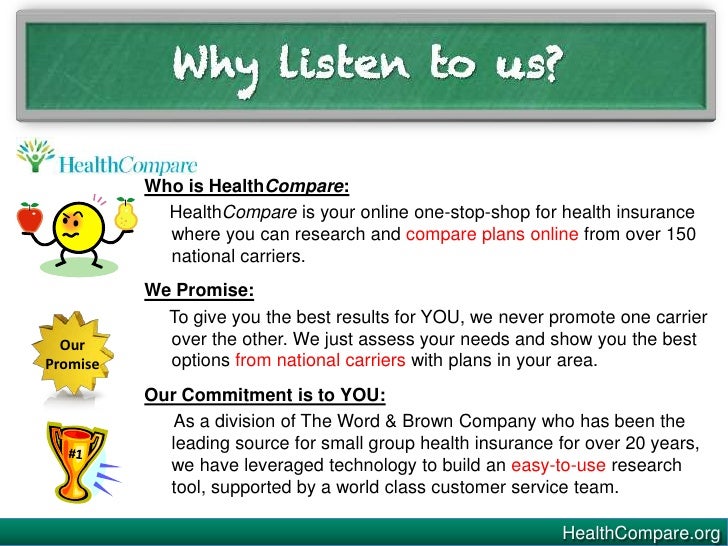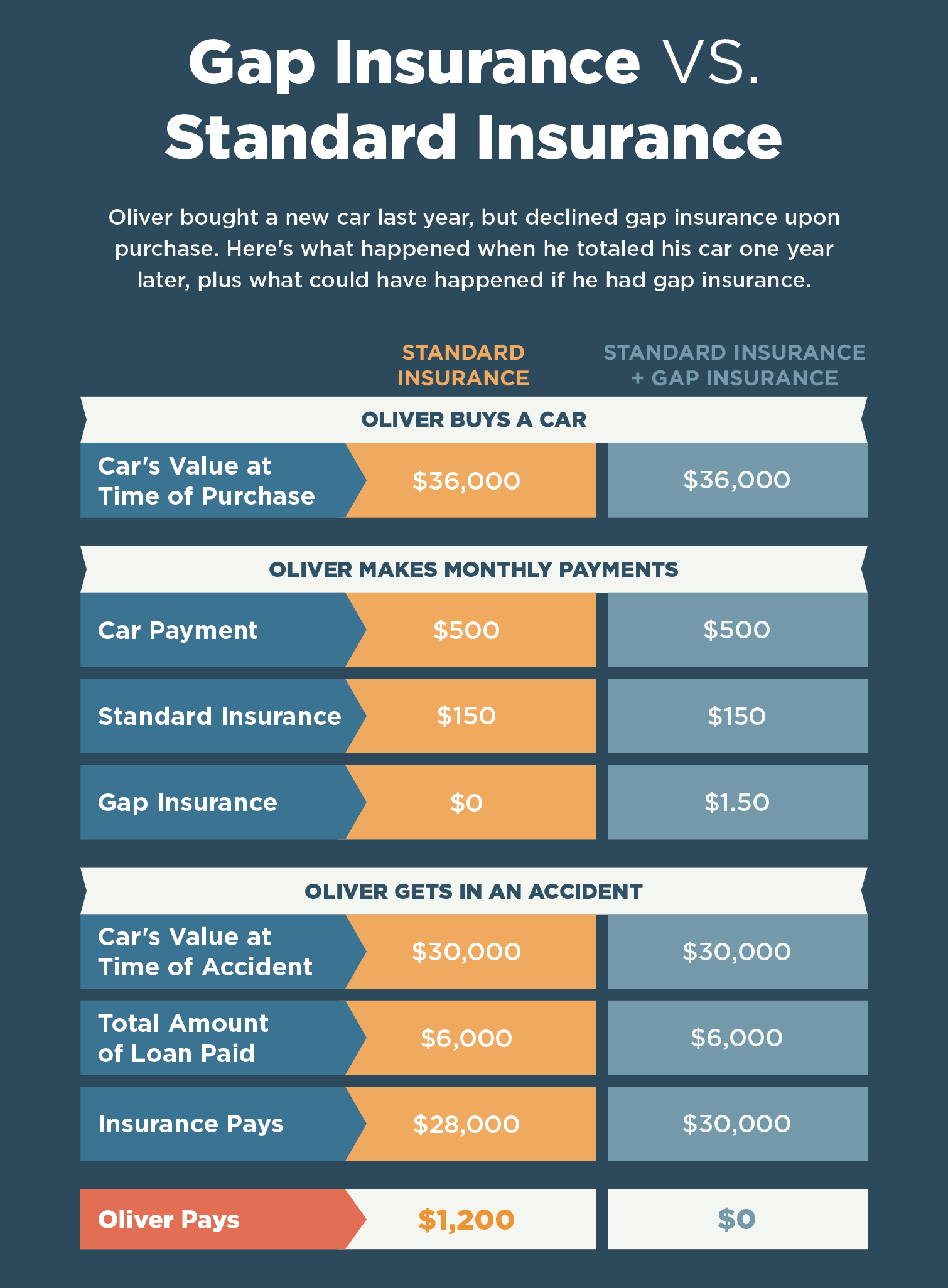I have avoided it many times, and my number has yet to come up. If it turns out that I need to cancel or interrupt, I'll simply need to take my financial swellings I played the chances and lost. But sometimes it's most likely an excellent concept to get this coverage for example, if you're paying a lot of up-front cash for an arranged trip or short-term lodging leasing (both of which are costly to cancel), if you or your travel partner have questionable health, or if you have actually an enjoyed one in the house in poor health. A basic trip-cancellation or interruption insurance coverage covers the nonrefundable punitive damages or losses you sustain when you cancel a prepaid trip or flight for an acceptable reason, such as: You, your travel partner, or a household member can not take a trip because of sickness, death, or layoff, Your trip company or airline company goes out of organization or can't carry out as promised A family member in your home gets ill (examine the small print to see how a member of the family's pre-existing condition might affect coverage) You miss out on a flight or require an emergency flight for a reason outside your control (such as a car mishap, inclement weather condition, or a strike) So, if you or your travel partner accidentally breaks a leg a couple of days prior to your trip, you can both bail out (if you both have this insurance coverage) without losing all the cash you paid for the trip.
This kind of insurance can be used whether you're on an organized trip or cruise, or taking a trip independently (in which case, just the prepaid expenses such as your flight and any nonrefundable hotel reservations are covered). Keep in mind the difference: Trip cancellation is when you do not go on your trip at all. Trip disturbance is when you start a journey but need to cut it short; in this case, you'll be compensated just for the portion of the journey that you didn't complete. If you're taking a trip, it may already include some cancellation insurance ask - How does life insurance work. Some insurers will not cover certain airlines or tour operators.

Make certain your carrier is covered. Buy your insurance coverage within a week of the date you make the first payment on your journey. Policies purchased behind a designated cutoff date usually 7 to 21 days, as identified by the insurer are less likely to cover trip company or air carrier personal bankruptcies, pre-existing medical conditions (yours or those of member of the family in the house), or terrorist occurrences. Mental-health issues are normally not covered. Tense tourists are fretful about 2 big unknowns: terrorist attacks and natural disasters. Ask your business for information. A terrorist attack or natural disaster in your hometown may or might not be covered.
Even then, if your trip operator uses a replacement schedule, your coverage might end up being space. When it comes to natural disasters, you're covered just if your location is uninhabitable (for instance, your hotel is flooded or the airport is gone). War or break outs of disease typically aren't covered. With travel turned upside down by the coronavirus pandemic, it's more important than ever to know what travel insurance covers and what it does not. While a lot of standard policies offer protection for flight cancellations and journey disturbances due to unexpected occasions, most COVID-19related problems are excluded from coverage, including: Fear of travel: If you choose not to take a trip out of fear of contracting COVID-19, your insurance coverage policy will not cover you.
Not known Incorrect Statements About What Is A Deductible In Health Insurance
Extra COVID-19 break outs: If the location you're planning to visit experiences brand-new shutdowns after you have actually reserved the trip, do not aim to your travel insurance for protection. Breaking government travel warnings: If you do have coverage, your policy might be voided if you take a trip someplace that your federal government has actually considered unsafe, or if your government has restricted global travel. You might be able to avoid the question of what is and what isn't covered by buying a costly "cancel for any reason" policy (explained listed below). Health emergencies are the main cause for journey cancellations and disturbances, and they can feature high medical costs as well as prolonged lodging expenses for travel partners.
While many US insurers cover you overseas, Medicare does not. Likewise, be sure you know any policy exemptions such as preauthorization requirements. Even if your health insurance does cover you worldwide, you may desire to think about purchasing a special medical travel policy. Much of the additional protection available is extra (or "secondary"), so it covers whatever expenditures your health strategy doesn't, such as deductibles. But you can likewise purchase main coverage, which will look after your expenses approximately a specific amount. In emergency situation circumstances involving costly treatments or overnight stays, the hospital will generally work directly with your travel-insurance carrier on billing (but not with your routine medical insurance business; you'll likely need to pay up front to the healthcare facility or clinic, then get repaid by your stateside insurance company later).

Whatever the circumstances, it's clever to call your insurance company from the roadway to let them understand that you have actually looked for medical aid. Lots of pre-existing conditions are covered by medical and trip-cancellation coverage, depending on when you purchase the coverage and how recently you have actually been treated for the condition. If you take a trip regularly to Europe, multi-trip yearly policies can conserve you cash. Contact your representative or insurance provider before you commit. The United States State Department periodically concerns cautions about taking a trip to at-risk countries. If you're going to among these nations, your cancellation and medical insurance will likely not be honored, unless you buy extra coverage.
Compare the cost of a stand-alone travel medical plan with extensive insurance coverage, which includes great medical and evacuation coverage. A travel-insurance business can assist you sort out the choices. Certain Medigap strategies cover some emergency care outside the US; call the provider of your supplemental policy for the details. Theft is specifically worrisome when you consider the dollar worth of the products we load along. Laptop computers, tablets, electronic cameras, smart devices, and e-book readers are all expensive to change. One method to protect your investment is to purchase travel insurance coverage from a specialized company such as Travel Guard, which uses a range of alternatives that consist of coverage for theft.
Everything about How Does Life Insurance Work
It's likewise smart to examine with your property owners or renters insurance company. Under the majority of policies, your personal effects is currently protected against theft anywhere in the world but your insurance coverage deductible still uses. If you have a $1,000 deductible and your $700 tablet is stolen, you'll need to pay to change it. Instead of purchasing different insurance coverage, it might make more sense to add a rider to your existing policy to cover pricey products while you take a trip. Prior to you leave, it's an excellent concept to take an inventory of all the high-value items you're bringing. Make a list of serial numbers, makes, and models of your electronics, and take images that can serve as records.